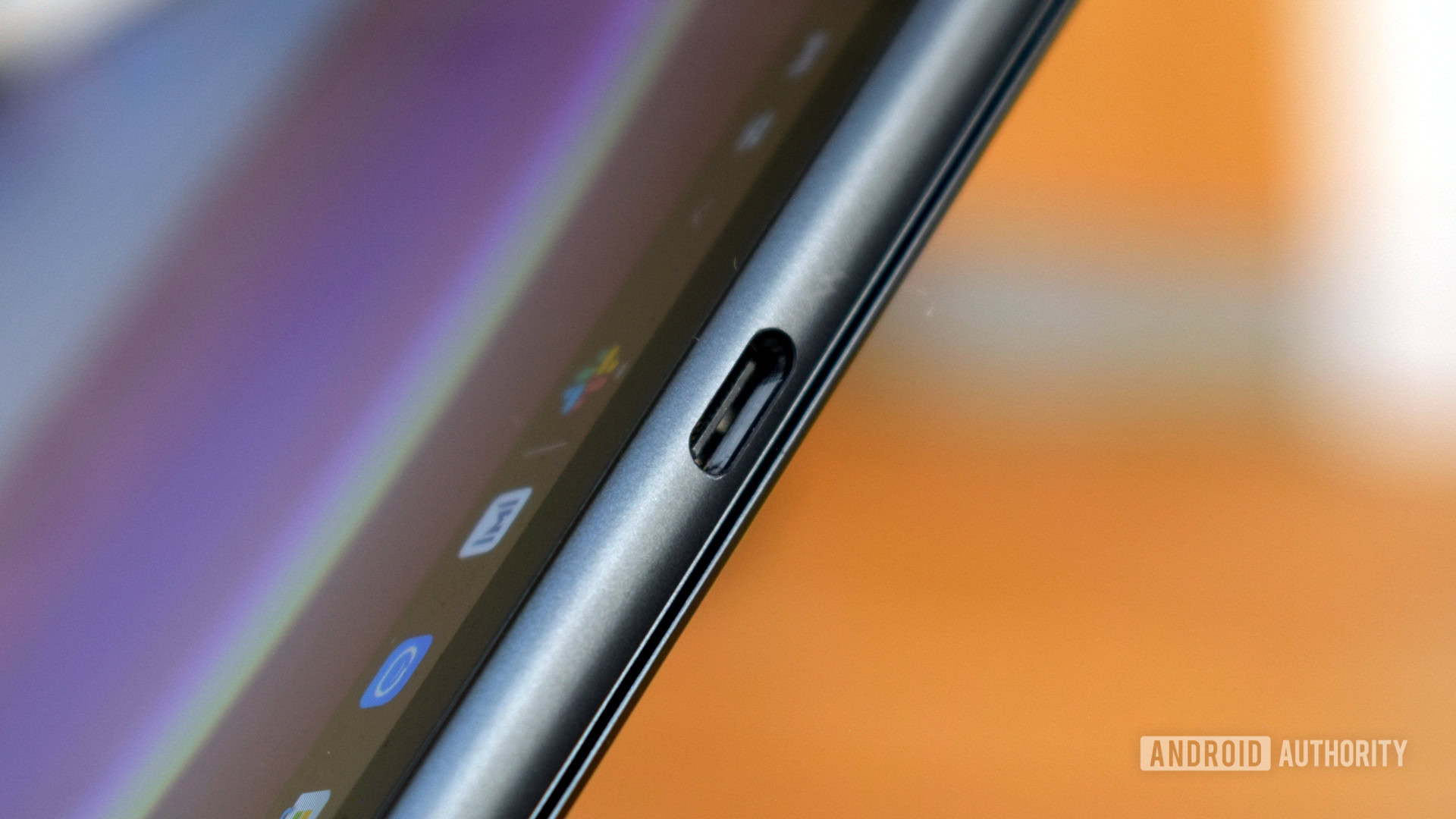Affiliate links on Android Authority may earn us a commission. Learn more.
EU is close to forcing every manufacturer to use USB-C chargers for everything
April 21, 2022

- The EU wants all manufacturers to adopt USB-C chargers.
- The move would significantly reduce environmental pollution.
- The proposal would benefit consumers by reducing vendor lock-in.
The European Union took another step toward standardizing chargers for electronic devices, with USB-C being the recommended option.
The EU signaled in September 2021 that it wanted to force manufacturers to use a standardized charging interface for smartphones and tablets. Members of European Parliament (MEPs) for the Internal Market and Consumer Protection Committee (IMCO) have now voted 43—2 to expand their initial proposal to include additional devices, such as laptops, handheld gaming consoles, cameras, and more.
While many Android device makers have already adopted USB-C, Apple’s devices are split between USB-C and its Lightning interface. Laptops are similarly fragmented, with some using USB-C and others using traditional barrel chargers.
See also: Apple’s fight with Europe over USB-C is a losing battle
The EU is concerned about the environmental impact of customers constantly purchasing multiple chargers, the irritation factor for the consumer, and the potential to be locked into a certain vendor’s ecosystem of peripherals.
“With half a billion chargers for portable devices shipped in Europe each year, generating 11,000 to 13,000 tonnes of e-waste, a single charger for mobile phones and other small and medium electronic devices would benefit everyone,” said Rapporteur Alex Agius Saliba (MT, S&D).
The proposal does allow for some devices to be exempted, specifically those that are too small to effectively house a USB-C port. The exemption would include smaller smartwatches, fitness trackers, and similar products. Larger models, however, would still fall under the new proposal.
Read more: Find the right USB-C cable and charger for your needs with these new logos
The MEPs also expressed concern over emerging wireless charging methods and called on the Commission to take similar action to ensure interoperability in that segment. The fear is that manufacturers could use wireless charging as a way to bypass the proposal, perpetuating proprietary options that lock their customers in.
The EU Parliament will vote on the revised proposal in May. Should the new rules pass Parliament, the MEPs will begin negotiating with individual EU member states on the implementation.
Thank you for being part of our community. Read our Comment Policy before posting.